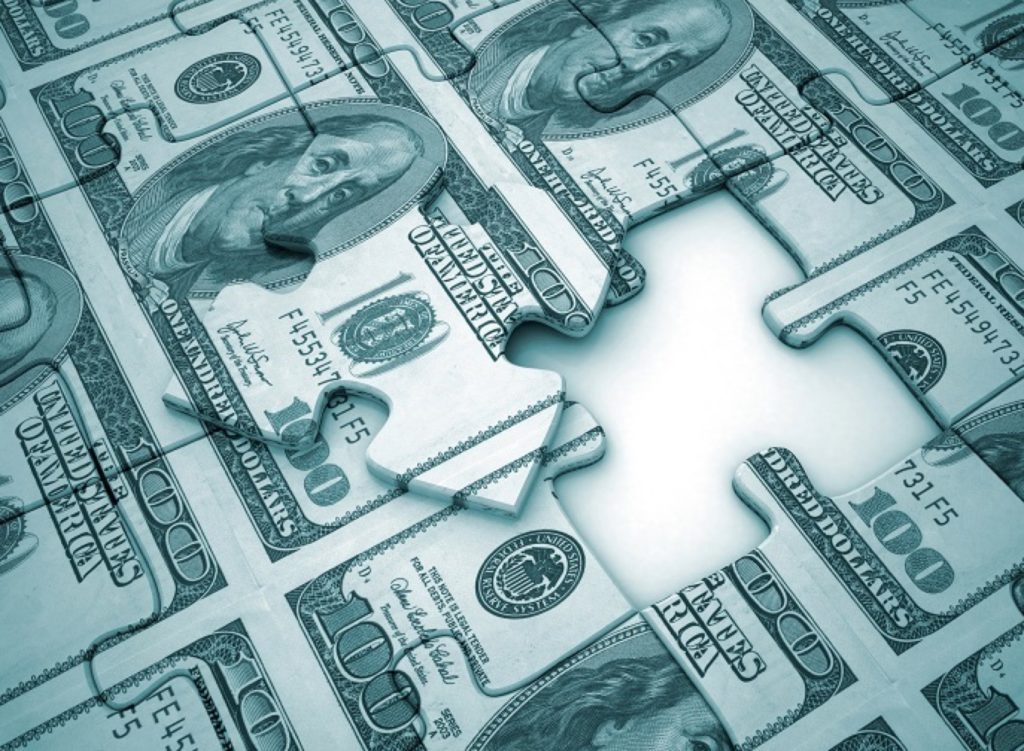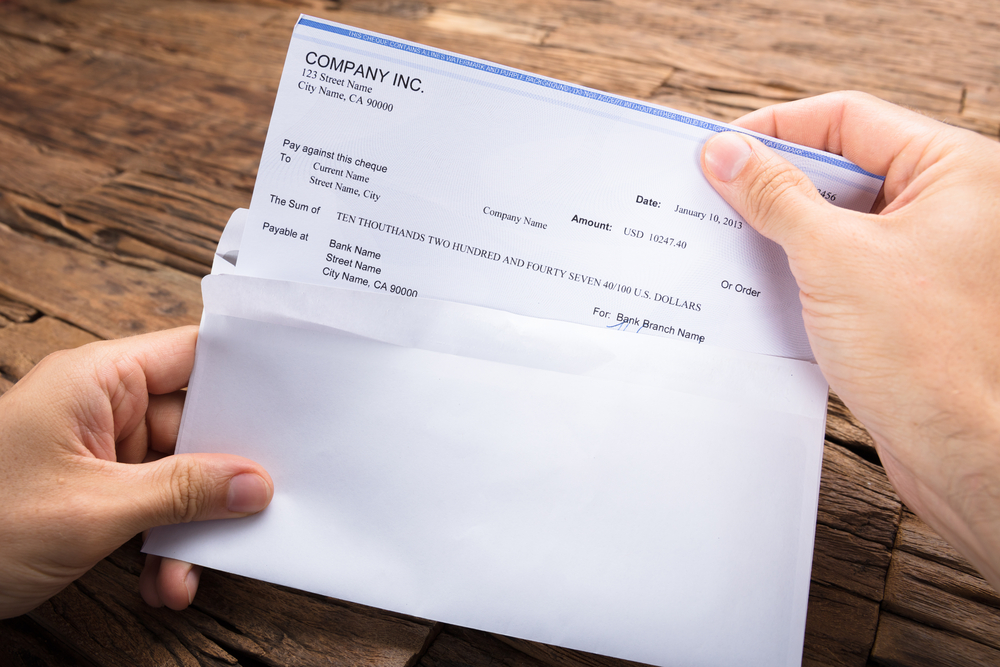Will Cash Restrictions be Implemented in the US?
A report on the Globes website gives us a look at restrictions on cash payments in Israel that have been in effect since January of 2019.
The law limits the use of cash in any transaction worth more than NIS 11,000 with a business and more than NIS 50,000 in a transaction between private individuals. In a loan or donation above these sums, the business and the individual may pay or receive cash amounting to up to 10% of the loan or donation or NIS 11,000, whichever is the lower. In the case of a gift, a business or private individual may give or receive 10% of the gift or NIS 50,000, whichever is the lower.

Since the inception of the law, the Israel Tax Authority has carried out audits at tens of thousands of businesses and caught thousands of offenders.
The law has exemptions, such as charitable funds that give and receive sums in cash. Also, restrictions on cash use do not apply to transfers between family members (except for rent payments).
Why Restrict Cash Payments?
The legislation arose as a weapon in the international battle to reduce illicit capital.
The use of cash was recognized in Israel and around the world as the fuel of the shadow economy. Being anonymous, it made it easy to conceal transactions from the authorities and evade taxes.
Currently, there are no specific restrictions within the US on cash payments. However, any cash payments exceeding $10,000.00 requires a person to report the transactions by filing IRS Form 8300. This aligns with financial institutions' responsibility to report cash deposits of $10,000.00 or more to the federal government as part of the Bank Secrecy Act.
U.S. News & World Report notes that checks are partially included in this reporting:

While the deposit rule does not cover most checks, it does include reporting other forms of money, such as foreign currency, cashier's checks or money orders. The law also includes investment securities, Castaneda says.
However, for individual cashier's checks, money orders or traveler's checks that exceed $10,000, the institution that issues the check in exchange for currency is required to report the transaction to the government, so the bank where the check is being deposited doesn't need to.
So, for example, if you're depositing an $11,000 cashier's check, your bank won't be reporting your deposit. The bank that issued the $11,000 cashier's check already has reported it to the government.
Will US and Other Major Countries Restrict Cash?
This, of course, raises the question as to whether cash restrictions like this may occur in the United States and other major countries. In our opinion, there is a good chance we may see restrictions of some sort in the United States.
The rise of fraud -- and particularly organized fraud -- makes it imperative to protect consumers from being victimized via tracking, compliance, and other tools that are far more accessible in non-cash transactions. We've already seen recent activity, via the Federal Trade Commission taking action against Walmart for facilitating fraudulent activity through its money services. And, let's not forget the proposal for financial institutions to track bank accounts with more than $600 of inflows or outflows -- which has been amended to $10,000 for a given year.
But, what will be the impact? The most logical path would see a greater usage of checks, digital currency, and additional credit card channels for payments. Checks account for nearly 23% of the total value of payments in 2020 and mobile check deposits are increasing, so financial institutions will need to ensure that these payment channels are fully optimized with the latest technologies -- like AI and machine learning to automate the depositing process -- protecting customers from fraudulent activity.
